Normally, I use this blog to discuss books, games, and writing. But, since the pandemic started, I’ve been fielding a lot of questions from friends who know I work as a freelance writer and want some advice on working from home, getting into arts, filling the time, and staying sane during quarantines, social distancing, and stay-at-home orders. They want to know what to do while they’re stuck, and how to start.
Here, I hope to answer those questions. You’ll find some tips on staying sane and stable, ways to get started in new arts, and artistic resources and study materials, all complete with links. Most of these resources are free, and some even give certifications that can land you a gig or spruce up your LinkedIn profile.
I’m not taking any payment for these links or recommendations, by the way. It’s probably a missed opportunity, but oh well; I’m writing this to help, not to profit.
That said, I’ll start by talking about the virus for a bit. If that stresses you out or you’ve already heard enough about it, go ahead and use the outline below skip ahead to whatever section you want.
- The “Why” of Social Distancing
- How to Stay Sane
- Why Art, Why Now?
- Art Resources
- Studying
- Environmentalism
- Well-Being
- News Literacy
- Science and Tech
- Marketing
- Final Note
- Fun Resources
The “Why” of Social Distancing and the Science of the Virus
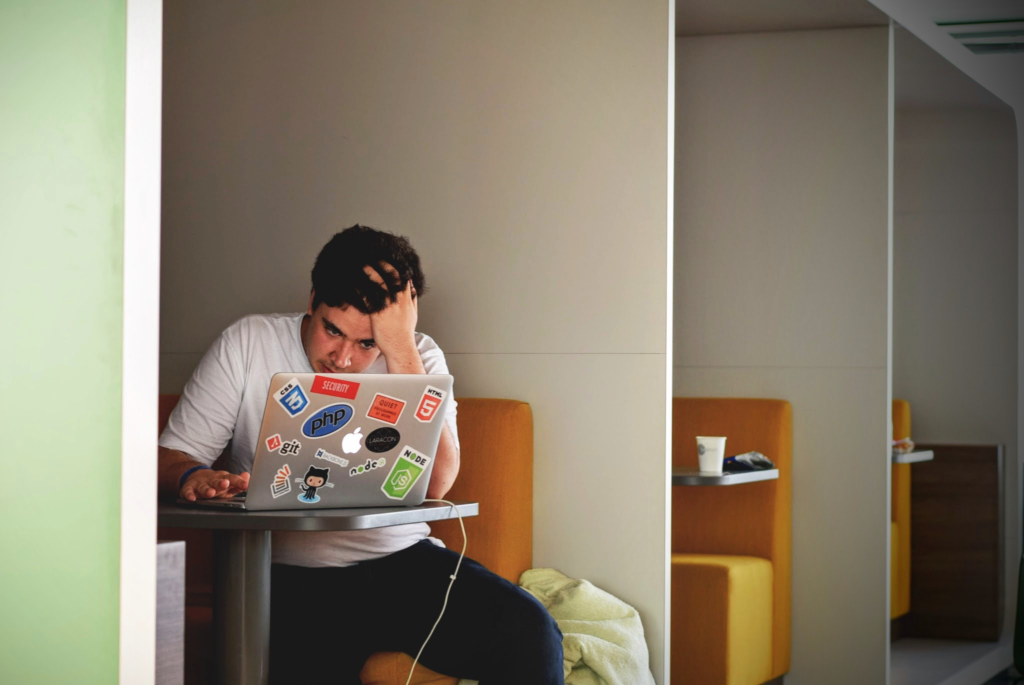
First things first: I’m not a scientist. But, research is an integral part of my job. It might be hard to separate fact from fiction these days, but it’s not impossible. The News Literacy Project has a bunch of free lessons that can help you look at the news with a critical eye, with some aimed at the virus, specifically. But, If you want a good overview on the science of the virus, I’d check out this 8-minute explainer video. It’s solid.
Disclaimers aside, some folks wonder why they need to keep their distance, especially if Covid-19 is unlikely to cause serious issues for most patients.
Well, first off, even if the mortality rate is low, death isn’t the only threat. This illness can land you in the ICU and even if it doesn’t kill you, it can cause permanent lung damage. Speaking as someone who has that: it sucks. Don’t take that risk. Getting shot with a handgun may not be as bad as getting hit by a grenade, but it’ll still ruin your month.
Second, it’s much, much easier than you think to pass this onto someone who may pass it onto someone who will die from it. Stay mindful of other people.
Third: hospitals may look big, but they’re smaller than you think. According to the AHA, there are only 924,107 staffed beds between all 6,146 U.S. hospitals. That is not a big number. If you fit all those people into a city, it wouldn’t even make the top ten in the United States. That’s to say nothing of overworked doctors, limited meds, and ventilators. This is why it’s so important to “flatten the curve.” It’s not about reducing total cases, but making sure they don’t come in at the same time and overwhelm a system that’s smaller than people think.
How to Stay Sane
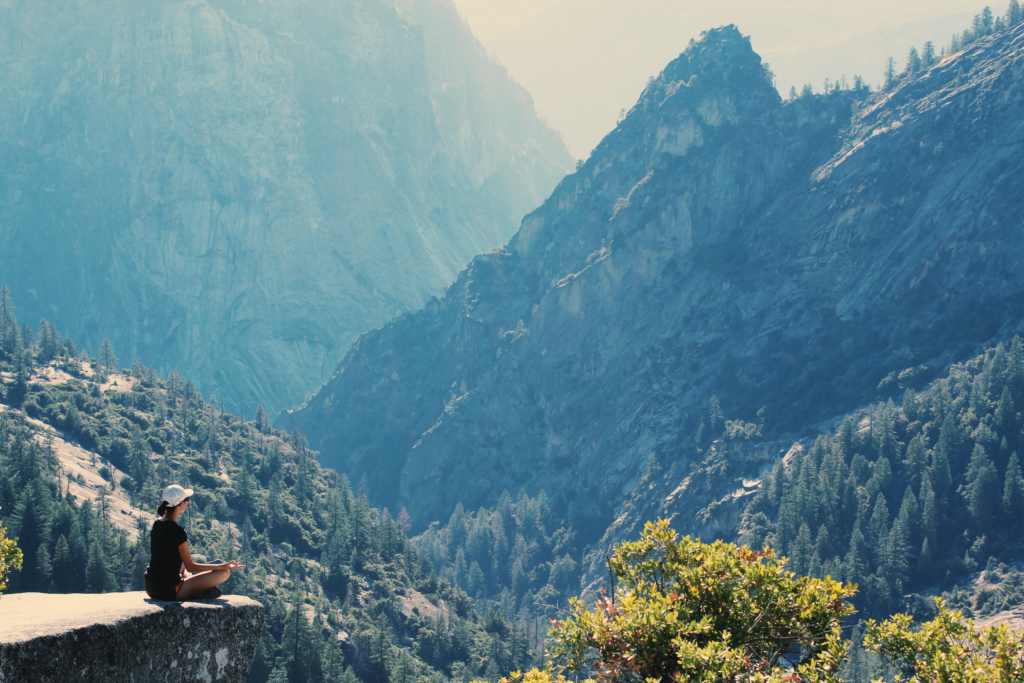
If you want to know how to stay sane while stuck at home, ask a freelancer. Tons of articles are floating around where freelancers share their work-at-home tips. There’s even some for working at home with your partner there. Still, I’m going to offer a couple of additions I find helpful that I don’t see in these.
First: A lot of folks say to stick to a “routine.” That’s good advice but, for some of us, doing x thing at y time is more stressful than helpful. Instead of a “by-the-clock” routine, you could opt for a “task-oriented” routine. Focus on accomplishing certain goals throughout the day: an hour of studying, two hours of writing, do the dishes or a workout, et cetera. For some, separating your schedule from the clock makes it more manageable.
Second: If possible, take walks, get sunlight, or at least sit and look out the window at nature. It might sound kitschy, but connecting yourself to the outdoors is surprisingly helpful.
Third: while another common bit of advice is to separate your workspace from your play space. Thing is, many of us don’t live in homes big enough to dedicate a specific room for work. But, the goal here isn’t separating physical space, it’s separating headspace so you can adopt a work mindset. How can you do this?
Well, it’s different for every person. I like to sit down with coffee/tea and listen to lo-fi or game music playlists (my brother made this one on Spotify that I quite enjoy, and there are two channels on Youtube that have a great selection). Others get dressed or retreat to a nook in their bedroom, or hang a bedsheet to act as a “divider” between your workspace and the rest of the room. Hell, it can even be as simple as putting the “toys” out of sight. My Switch is behind my TV for that exact reason. Damn you to hell, Animal Crossing.
Lastly, keep in contact with friends. Download some easy-to-learn multiplayer apps (I’m a writer getting my ass handed to me by my teacher friends in a scrabble knock-off), build a Discord server, or just call them.
Still, one of the best things we can do with our time at home is learning and improving ourselves. Now is a perfect time to learn a new skill or pick up an art, whether that’s writing, drawing, game development, comic making, or music, and I’m going to spend the rest of the article helping you get started.
Why Art, and Why Now?
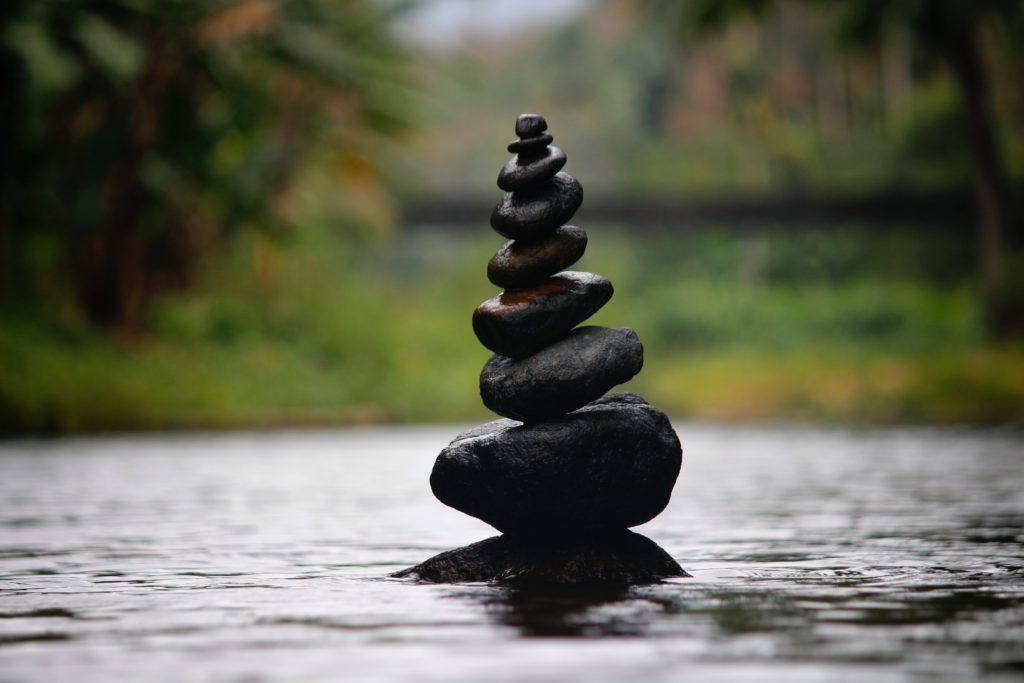
A lot of artistic folks feel stuck at the moment. They feel like it’s somehow wrong to dive into their art and make something when the world is going crazy.
But, art helps us cope. It helps us process all this absurdity, even if it seems odd or sacrilegious. It offers escape, catharsis, entertainment, and more. We need good art, especially in times like these, so it’s more important than ever for new artists to be born, and for existing artists to make these days more bearable. Make art, share it with your friends. Who knows, maybe you’ll find something positive in all this. If you feel reluctant, though, I have a series of articles on getting started in the arts, continuing, and improving. Check ‘em out if you need the encouragement.
Studying, too, is hugely valuable. Now is a perfect time to start a project, or learn an art or a skill you’ve been meaning to get to. Why?
Well, a lot of us have our jobs and livelihoods under threat. Some think the unemployment rate may skyrocket, which certainly seems possible. As such, it can’t hurt to study, get certifications, or build portfolio pieces that may help you land a new gig. Many of these resources are free, and you’d be astonished at how much you can accomplish from inside your house.
Arts Resources
Art may be fulfilling, but it can also help launch a career. The resources below will be separated according to discipline and, where possible, I’ll throw in suggestions for communities to join as well. Take note that I’m always happy to hear more suggestions from readers! If I add something, I’ll be sure to give you credit!
Writing
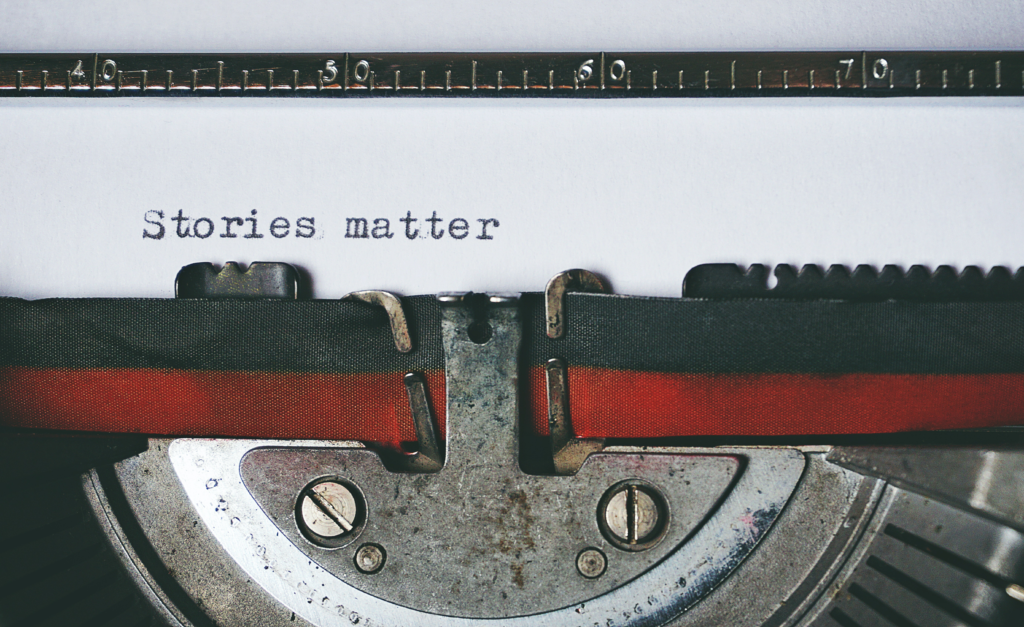
My bread and butter. It’s fairly simple to start: if you’re reading this, you have all the tools necessary. But, that’s the key: you have to start. Whatever idea you have, start jotting it down. You don’t need to do tons of research right off the bat. Start a project or an outline, and let the needs of the story guide your research. As for resources?
Books:
These might not be free, but they’re great for any aspiring writer. My top two are Stephen King’s On Writing and Robert McKee’s Story, though I’ve heard good things about Save the Cat Writes a Novel, by Jessica Brody. Remember to find ebooks, if you can, to avoid breaking quarantine!
Writing Podcasts:
I’m open to more suggestions here, but I’ve heard great things about Writing Excuses, which is hosted by a bunch of writers including Brandon Sanderson. It also features guests like the amazing agent Dongwon Song.
Communities:
The r/Writing subreddit is a great choice for aspiring writers, and Twitter’s #writingcommunity is also very supportive. Wattpad is a good option too, though it leans towards fanfiction, in case that’s not your thing.
Visual Arts (Painting, Drawing, Digital Painting)
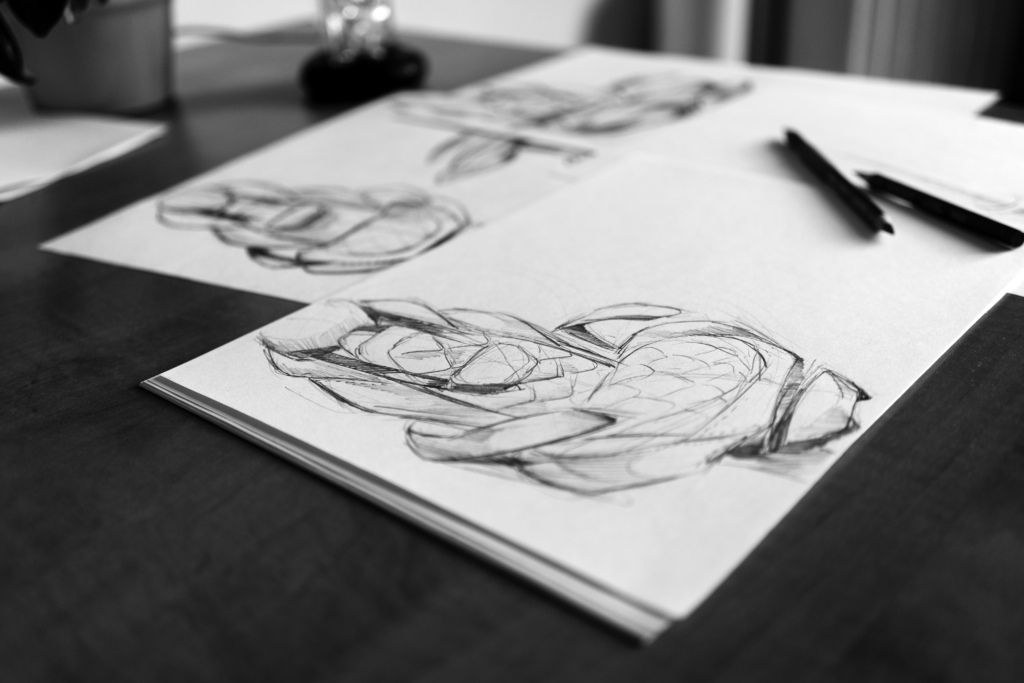
I might be a terrible artist, but I do love drawing. And, as long as you have a pencil and paper or Microsoft paint, you can start. The fundamentals of drawing are the same all around, so you don’t have to study painting, alone, to learn to paint. Focus on the basics and go from there.
Total Package Resources:
Ctrl+Paint, from Matt Kohr, is free and absolutely phenomenal. He’s a great speaker, the videos are short, and the exercises have taught me a lot. I learned more from one segment of this guy’s videos than I did in two semesters as an art student (who promptly changed his major). Give it a go. If it doesn’t snag you, try Drawabox, another site in a similar vein.
Drawing References:
Quick Poses is great for finding references for figure and face drawing.
Communities:
For finding folks that will actually help you, I strongly recommend looking at Twitter’s art community. It’s extremely active and, if you find the right groups, they’ll make you feel right at home.
Comics!
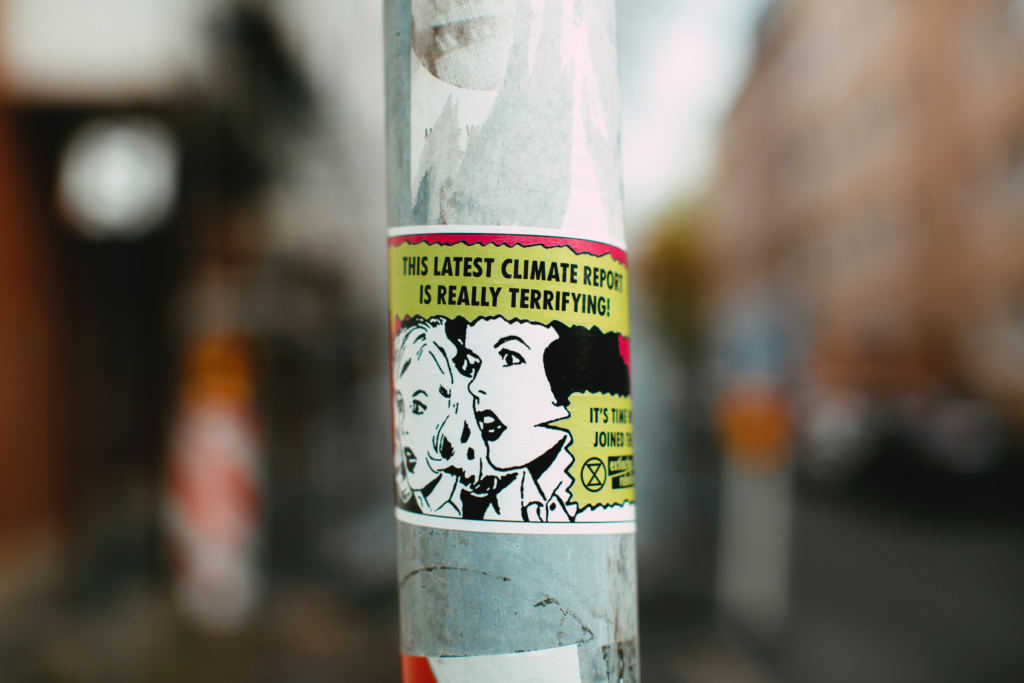
I adore comics, manga, manhwa, and graphic novels. Writing them is its own challenge (as is drawing them) but it’s not nearly as hard as you think. Best of all, even if you’re a writer or artist without the other half, you can still start and practice.
The Best Place to Start: Comics School
Hands down, the best place to start learning to write comics is Gail Simone’s recent “comics class.” She started it on Twitter, which promptly became a huge community complete with a website. It’s a five-day course that takes you from absolute beginner to having a complete comic script. The community is lovely, there’s a nice discord channel, and links to tons of great resources. I can’t recommend it enough and I am convinced it’s going to get big.
Comic Books:
The staples here are Scott McCloud’s Understanding Comics, and his followup Making Comics. Not only are they useful, they’re intriguing and a lot of fun.
Sites:
Making Comics is another great resource that I discovered through Gail Simone’s Comics School, and comes complete with guides on script writing and sample pages. I’d also recommend the Comic Script Archive for seeing how some of your favorites pen their scripts. It’s got one of Gaiman’s scripts for Sandman, there!
Communities:
My top recommendation is definitely the discord channel for Simone’s Comics School. But, there’s also r/ComicBookCollabs on Reddit.
Game Development

This one’s more complicated, as game development comprises so many different skills. Artists have an obvious “in,” but for the rest of us (writers, designers, and programmers), our best bet is building a portfolio. Luckily, there are resources that can allow everyone, regardless of programming ability, to build a solid portfolio. Seriously, it’s astonishingly simple to start, and there are three programs, in particular, that are fantastic for beginners. I’ll list them from least complex to most versatile.
Twine:
Twine lets you build text-based “choose-your-own-adventure games. It’s a ton of fun for writers, and as easy as writing in google docs. I made one, myself, in fact.
Game Maker Studio 2:
GMS 2 has a month-long free trial, and is a surprisingly simple way to make impressive games. Indie powerhouses like Undertale and Hyper Light Drifter were both made in this engine, which allows you to program with drag-and-drop options or its own coding language. The coding is so simple that a few tutorials should make you more than capable of using it just fine, even if you aren’t tech oriented. They have some great starting tutorials that’ll pop up the moment you open the program, but here are some great ones to go to from there.
- Shaun Spaulding’s “Complete Platformer Tutorial”
- HeartBeast’s “2D Hack-n-Slash”
- FriendlyCosmonaut’s “Farming RPG Tutorial” (The best speaker out of the three)
Unity:
Unity is more complicated and definitely has a lot more buttons, but you learn how to tune out the noise pretty quick. I won’t lie and say it’s super easy, but it is accessible, extremely versatile, and the tutorials available on their website have robust comments sections and a strong community, which makes it a nice “one-stop shop.” For a beginning tutorial, I’d recommend Ruby’s Adventure. Note, too, that Unity is providing three months of free access to their premium learning service. Oh, and if you want an idea of what you can make with it: the indie masterpiece Hollow Knight was developed in Unity.
As for other resources outside of engines and programming? Got some suggestions for that, too.
For Game Writers:
Study up on “ludonarrative dissonance”and “narrative design.”
Other Study Materials:
The Game Developer’s Conference has a youtube channel with an absurd amount of excellent videos on a variety of game development topics, from accessibility to co-op business models. The Game Maker’s Toolkit is another Youtube channel that dissects design details in specific games.
As a last note, look up “Game Jams.” They’re events where people (usually teams) try and prototype a game in a short amount of time, are often available online, and a lot are opening up in the wake of this pandemic. Many are open to all skill levels, and it’s a great way to meet people, learn, and test yourself..
Music

This one is a bit harder. If you’re not a singer and don’t have an instrument or the ability to order one, then you may be limited to practicing technique. But, that doesn’t mean you’re stuck; you can start learning about theory and composition. My brother is a phenomenal guitarist, and I asked him for some resources. Here’s what he gave me:
Start With:
Musictheory.net. It’s got everything you need to start, from sheet reading practice to a virtual keyboard.
Complete Rhythm Trainer:
An app that helps people who, according to my brother, “are rhythmically damaged, like me.”
The Play Guitar Podcast:
This is a great podcast by Lee Wayne Anderson.
Beepbox.co:
This is a fun way to make your own little chiptune beats.
Finally, he recommends that all musicians use this time to practice two things:
Basics and technique. If you have to, find your favorite musicians on Youtube and see what you can learn about the way they play. Go slow and focus. If you can’t play it slow, you can’t play it fast.
Studying

Here’s some stuff to study that’s a little bit more classroom-styled. I’m sticking with things I’ve either tried myself, or heard great things about. Most all of them are free, and many give certifications that can land you a job.
For Environmentalists:
National Geographic offers courses in conservation that I’d recommend to everyone.
For General Well-Being:
The Science of Well-Being is a course originally offered from Yale, which gives a science-based approach to happiness and wellness.
For News Literacy:
The News Literacy Project. I recommended it above, but I’ll do it here, too. It offers free classes to teach you to separate fact from fiction in the daily news cycle. Please, check it out.
For Science and Tech Folks:
- Khan Academy offers a ton of courses in a wide variety of subjects, though I’ve heard their history courses aren’t half as strong as their science and mathematics offerings.
- Harvard’s Introduction to Computer Science Course will get you a certification and a solid introduction into the discipline of computer science. Can’t hurt, right? Especially if you want to get into tech.
- Packet Life is much more niche, but it’s a great resource for network technicians.
For Marketing:
- Hubspot Academy is the gold standard. I may not be a big fan of marketing, but there are a lot of jobs in it, and this is a solid place to start learning. They provide certs, too.
- Google Analytics Academy is much like the above, but with a stronger focus on the tech and SEO.
Final Note
That was… a lot of resources. And I’m not getting paid for it, either. But, I’ll leave all of you with two more things. First, a tip: use this downtime as an opportunity to learn your working/artistic styles. What fuels you? What blocks you? It’s hard to learn those things when stuck in your day-to-day job, but this might give you a chance to figure out what makes you excited, which can give you an indication of what makes you passionate.
Lastly, I’m going to link some resources to help you blow off steam. Enjoy, and I hope all of you learn something from this! If this page gets enough traction then who knows, maybe we’ll start up some kind of multidisciplinary Discord server.
Last Resources to Blow Off Steam
- SMBC Comics: Nerdy as hell, but a lot of fun. It’s a great way to burn some hours and get a laugh. The writer, Zach Weinersmith, also has some books available for free, here.
- Neil Gaiman’s Cool Stuff: The brilliant Neil Gaiman has some essays and stories available for free. For adults, check out these. For kid-friendly stuff, go here for a reading of the entirety of “The Graveyard Book” or “Coraline.”
- Ichika Nito’s Youtube Channel: Ichika Nito is a phenomenal guitarist, and I strongly recommend just watching him play for a bit.
- Monterey Bay Aquarium Live Feeds: The fantastic Monterey Bay Aquarium has a bunch of live feeds for their critters if you want to just relax and watch ’em swim!
That’s all I’ve got. Good luck people, and I hope you learn something new! And, please, share this with your friends, especially those who might be going a bit stir crazy!



